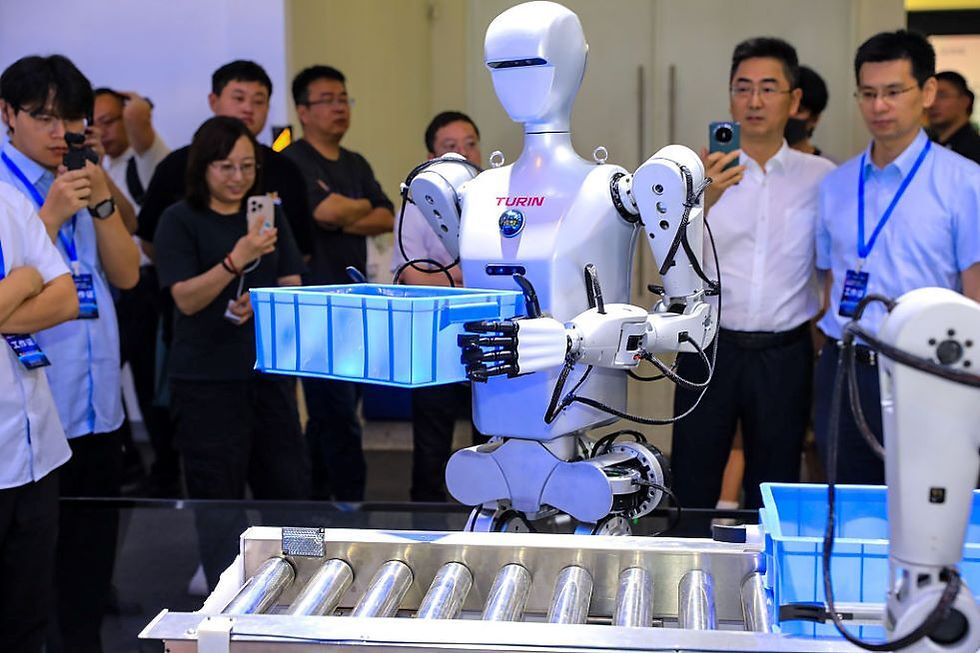A Rivalry for the Future: China Takes on the US for the $4.8 Trillion AI Market
- Next News
- Aug 4, 2025
- 2 min read
As a furious technological race heats up, China is aggressively challenging the United States for global leadership in the artificial intelligence (AI) market, which is projected to reach a staggering $4.8 trillion by 2033. In a bold strategic move, Beijing has launched a new international organization aimed at setting global AI rules and challenging the growing American dominance in this field.

New Chinese Organization: Challenging the US for Global Influence
The newly formed Global Organization for AI Cooperation embodies Beijing's effort to present itself as a leader in making AI available "for all." During the World AI Conference in Shanghai, Chinese Premier Li Qiang warned against the dangers of an AI "monopoly," urging foreign officials—mostly from developing nations—to collaborate on fair and secure governance frameworks.
The Chinese Value Proposition: While the US dominates the market for advanced AI chips, Chinese companies offer competitive and appealing technological solutions to low-income countries that lack the necessary infrastructure to run complex systems like those developed by OpenAI.
"Digital Silk Road" Strategy: Beijing is leveraging its past success with the "Digital Silk Road" initiative to position its companies at the heart of global telecommunications networks and to influence the technical standards of emerging technologies like 5G.
AI as a New Arena for Geopolitical Competition
Global AI governance has become a crucial battleground for major powers, as both the US and China view this technology as vital not only for their economies but also for their national security.
The American Stance: US President Donald Trump has stated that his country will "do whatever it takes" to lead in AI through a plan that includes countering China's growing influence in international governance bodies. His plan emphasizes that the government will only cooperate with engineers who ensure their systems are "objective and free from top-down ideological bias."
The Chinese Stance: Beijing promotes "safe" AI governance and focuses on strengthening digital infrastructure and clean energy, all while supporting the concept of "Internet sovereignty." This principle, which stresses respecting the sovereignty and laws of other nations when providing AI services, may appeal to authoritarian regimes worldwide.
China's Bet on the "Global South" and Open-Source Models
A significant part of China's AI strategy is built on its diplomatic focus on supporting "Global South" countries. During his opening speech, the Chinese Premier emphasized the importance of helping these nations build their AI capabilities, a move that was welcomed by officials like the special advisor to Indonesia's vice president, who praised the initiative.
China is also banking on the "openness" model championed by startups like Deepseek, which surprised the world by releasing powerful, open-source, and free AI models that rival those developed by OpenAI. This approach is particularly valuable for developing countries that often lack the resources to build large datasets or develop their own AI models from scratch, a process that requires expensive chips from companies like Nvidia.









Comments